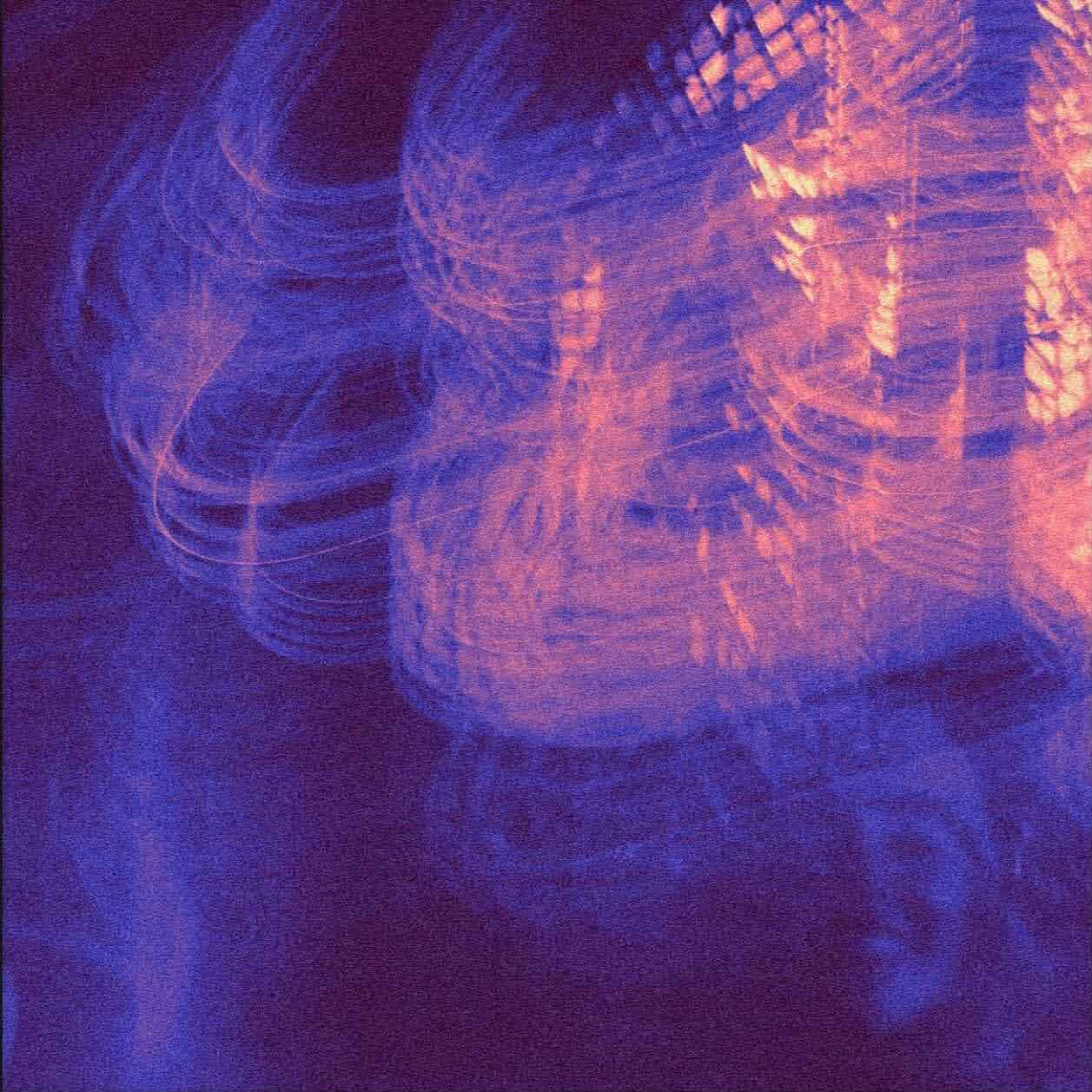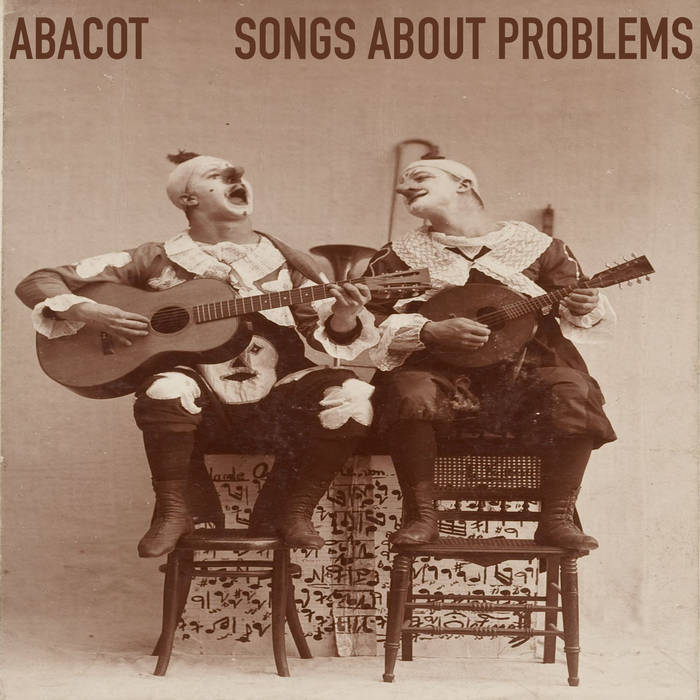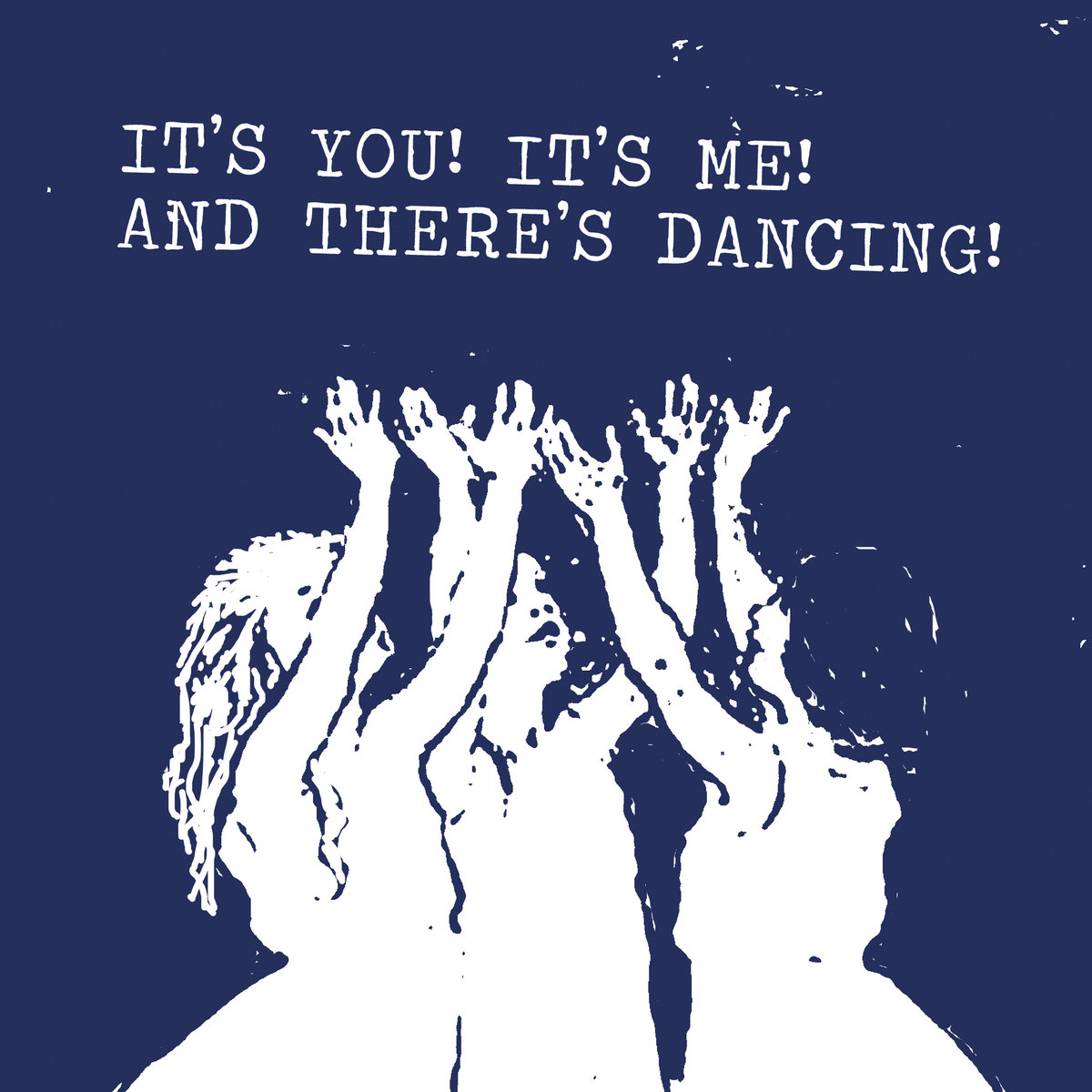Church Girls – Still Blooms | Album Review
/The “get out of this town” narrative is well-trodden territory in pop-punk, pretty much a staple of the genre. On their third album, Still Blooms, Philly punk rockers Church Girls conjure up imagery of this kind of suffocating environment, letting it fuel their desire to break away from the things that keep them feeling trapped. And they aren’t just leaving their metaphorical dead-end town; they’re barreling away from it at top speed in a getaway car and refusing to look back.
As a lifelong New Yorker, I used to romanticize the idea of growing up in some small town that I could rebel against. It was a fantasy within a fantasy-- I liked the idea of having somewhere to escape from. Much of that fantasy involved a rite-of-passage that, though standard for most US teens, was foreign to me: driving around my crappy hometown with the stereo at full volume, finally getting my first taste of freedom. Now, in my twenties, I remain un-licensed, able to count on one hand the number of times I’ve been behind the wheel, and wishing I could get up the invincible “fuck-it” energy I had when I was younger to counteract the fear that’s been holding me back from learning to drive. All that being said: move over Olivia Rodrigo, someone else’s songs made me want to get my driver’s license. Church Girls are making heart-pounding, windows-down pop-punk anthems that burn with the promise of liberation, even in their most desperate moments.
Desperation and determination go hand in hand on this album. These songs are driven by a grim optimism, with lead vocalist Mariel Beaumont plunging into the depths of despair and surfacing with an even stronger resolve. Just look at lead single “Separated,” where Beaumont intones, “one day we won’t think about it much / the sky will lift up and we’ll be unstuck from these sickly cycles in an old patterned loop.” It’s these brash statements of hope, even when such notions seem illogical, that imbue the songs on Still Blooms with a revelatory spirit and earn them a place in a greater, genre-spanning musical lineage. Think The Mountain Goats’ 2005 autobiographical bildungsroman The Sunset Tree, with John Darnielle declaring that he will “make it through this year if it kills me” and forcing himself to believe in a day where he can “rise up free and easy.” Think Fiona Apple taking control of her narrative and demanding her freedom over the beautifully tangled cacophonies of last year’s instant classic, Fetch The Bolt Cutters. Church Girls’ liberatory vision is messy and challenged by self-doubt, but the shadows surrounding it make it all the more compelling.
These songs are hurtling into an unknown, but the reckless energy of their sound is in no way a reflection of a lack of thoughtful attention that Church Girls pay to their craft. They demonstrate a calculated chaos that Church Girls first began to cultivate on their 2017 debut Hidalgo, but have perfected as their sound has evolved. The four band members are now acutely attuned to one another, down to the smallest detail. On “Dune,” an electrifying guitar solo heralds in Beaumont's ethereal vocals at the bridge. From there, angelic harmonies build over a rolling snare. These vocals have an almost choir-like quality, which bring their vivid, emotionally resonant lyrics to shimmering heights.
“Vacation,” the album’s final single, is another great example of the group’s undeniable chemistry. Instrumentally, it calls back to the energetic guitar riffs and pummeling drums of Bomb The Music Industry’s album of, coincidentally, the same title. The same can be said for the song thematically, as its unflinching confrontation with anxiety and regret will undoubtedly appeal to fans of Jeff Rosenstock’s vulnerable lyricism. “Vacation” shows Church Girls unafraid to engage with ugly feelings. It’s a strikingly honest commentary on the self-sabotaging impulse to isolate in sorrow rather than letting yourself need others. The album’s most profound moments are also some of its darkest. Beaumont has said that the aforementioned “Separated” is about a family member’s alcoholism. She attempts to make sense of her shifting ideas of home and family through lyrics like, “the known place has flamed out / and we’re learning not to yearn for it at all.” It’s an honest statement on love and addiction, and how the two complicate one another in ways that we might never quite make sense of.
“Undone” opens with Beaumont dejectedly remarking, “so this is how it ends, huh?” Her voice softens at the bridge, the words “leave you at the water’s edge” floating delicately over contrasting parentheticals-- “Sink! Or! Swim!” is chanted almost militaristically by her bandmates. The drowning motif returns a few songs later on “Dissolve,” as does the contrast of shouted staccato backing vocals with Beaumont taking the melodic lead. We see drowning symbolism yet again on “Basement,” whose lyrics give us some fire as well as water. The flames that engulfed the broken home in “Separated” are now blazing through city streets. It’s another deeply personal track, one that sees Beaumont confessing, “I’m barely keeping it alive,” as she watches the moon from a dark, dusty basement. These tracks-- as well as supercharged album opener “Surface” --remind me of some of my favorite cuts from PUP’s discography, with their infectious pop-punk riffs, raucous gang vocals, and cutting delivery that’s somehow both miserable and triumphant.
The album’s final few songs skew a bit more reflective, shifting the focus from the destination to what is left behind. Penultimate track, “Gone,” details a dismal homecoming scene, which questions whether or not this place can even be called home anymore:
All I got’s this ceiling fan
And the mattress on the floor
Now I’m stuck on dry land
Wondering what I came here for
It’s a familiar feeling of returning to a place associated with potent memories hoping for closure but ultimately coming up empty-handed. Closing track “Visions” looks to the future, begging the question of what happens once you’ve arrived in “a distant town like you wanted.” Church Girls provide a soundtrack to a ride off into the sunset, all while keeping that inescapable past in their periphery. Much of the album feels like a series of escape attempts, and ultimately all roads lead back to the very thing we were running away from.
Grace Robins-Somerville is a writer from Brooklyn, New York. You can find her on Instagram @grace_roso and on Twitter @grace_roso.





